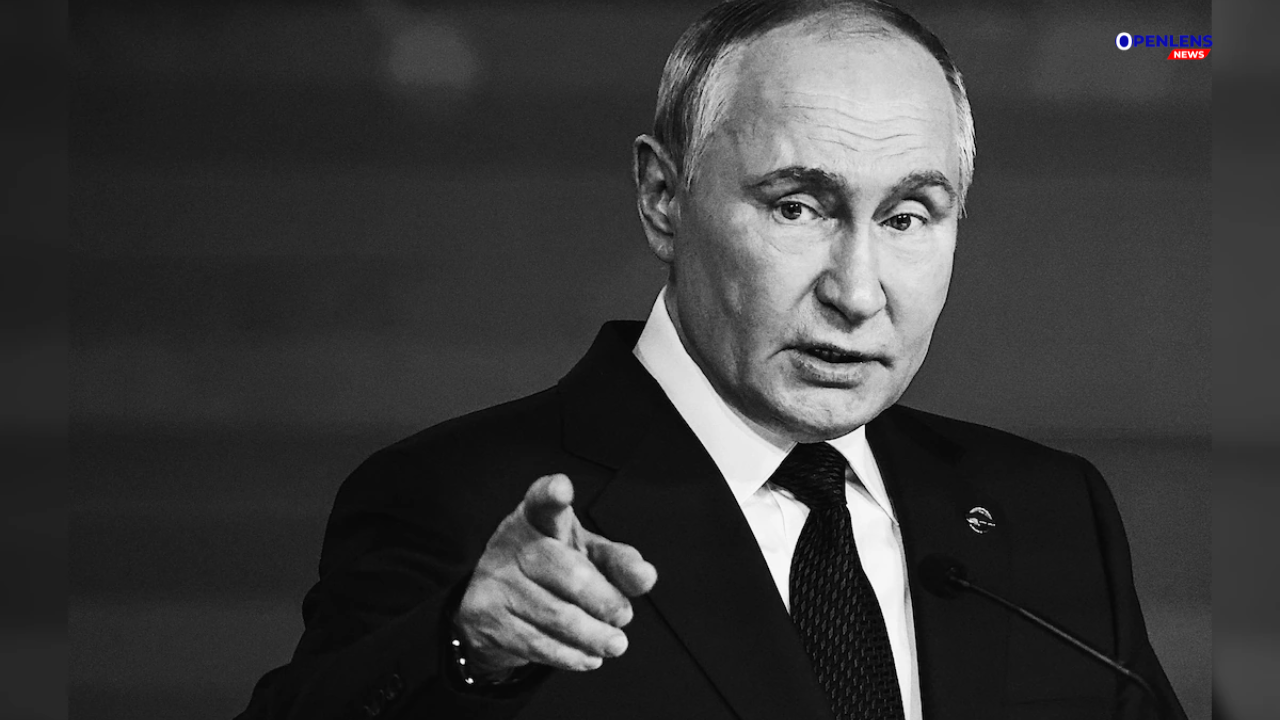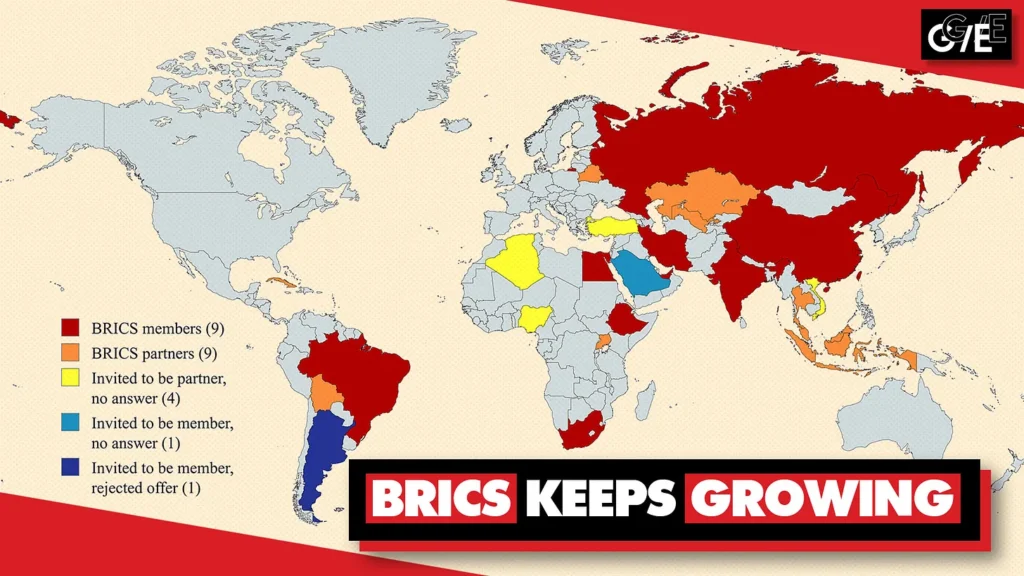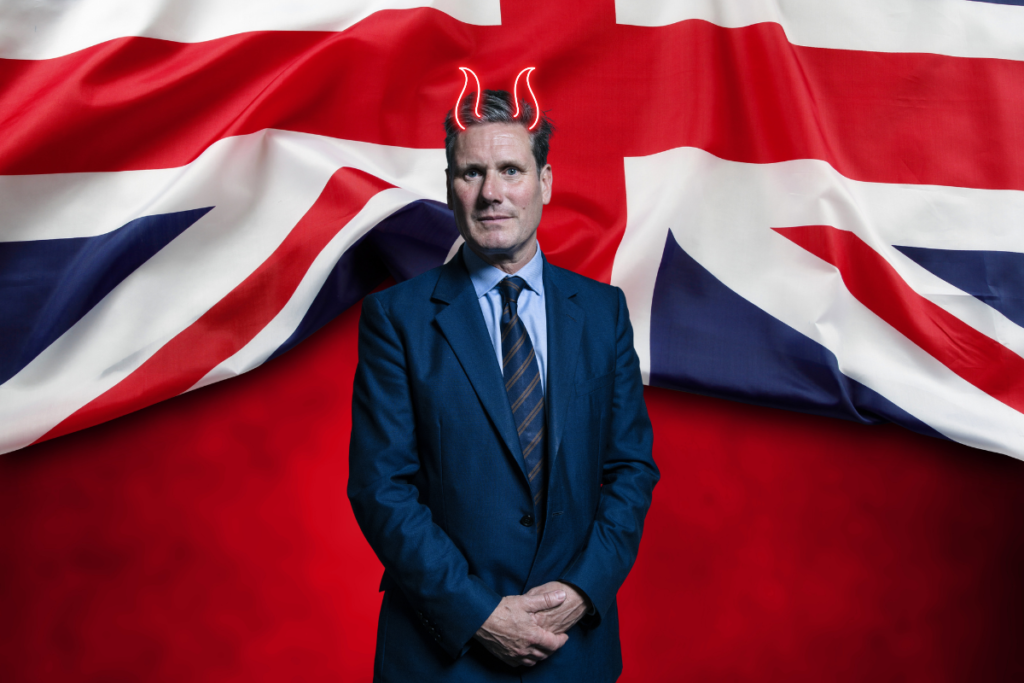As explosions ripple across Tehran and Israeli air defenses brace for the next strike, Russia has stepped into the spotlight with a dramatic pitch: Let us help end the war. At face value, it sounds like a noble offer. But behind the scenes, many are asking whether Russia’s interest in mediating peace is less about ending bloodshed and more about boosting its global leverage.
President Vladimir Putin and Foreign Minister Sergei Lavrov have floated a plan that includes Russia acting as a mediator and even taking custody of Iran’s enriched uranium, converting it into civilian-grade fuel. Meanwhile, China has echoed the call for a diplomatic resolution, urging Israel to back down and calling for calm across the region.
But skeptics aren’t convinced. While Moscow presents itself as an impartial broker, critics argue that Russia’s history with Iran is anything but balanced. Iranian officials, past and present, worry that Moscow might pressure Tehran into compromising its core interests, such as limiting nuclear capabilities or reducing its influence in neighboring Syria, in exchange for vague diplomatic gains.
For many Iranians, the fear is clear: that Moscow’s “help” could turn into dominance, turning Tehran from partner to pawn. Experts suggest Russia’s true aim may be to keep Iran just stable enough to remain useful but weakened enough to depend on the Kremlin. It’s a classic geopolitical tactic: keep the client close, but never strong enough to act independently.
While Iran hopes to gain economic relief and military upgrades, especially air defenses, the fine print suggests Russia isn’t willing to go all-in. There’s no commitment to protect Iran militarily or provide binding guarantees. It’s a risky gamble for a country already under immense strain.
Meanwhile, the U.S. remains wary. Former President Trump dismissed Putin’s offer, telling him to fix Russia’s war in Ukraine before meddling in the Middle East. European leaders are also skeptical, suspecting the Kremlin’s peace pitch may be more about strategic distraction than genuine conflict resolution.
Ultimately, the world is left wondering: is Russia truly trying to bring peace, or is it exploiting the chaos to expand its influence in the Middle East? If Moscow brokers a deal, it may look like a diplomatic victory. But it could just as easily tilt the region’s balance in ways that leave Iran more isolated—and Russia more powerful, than ever.



